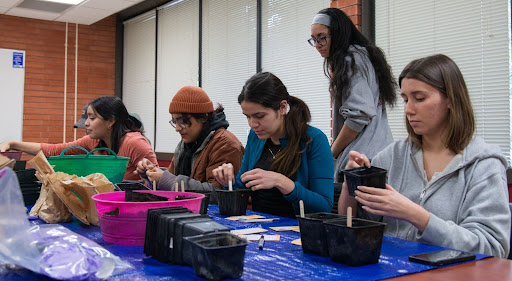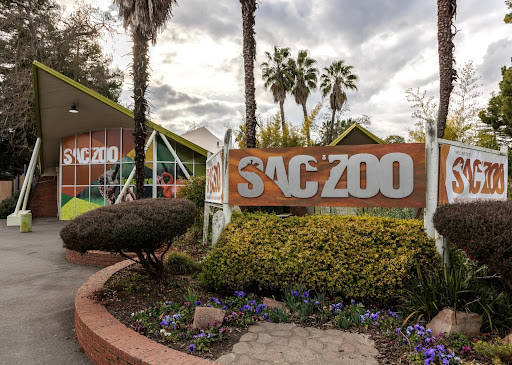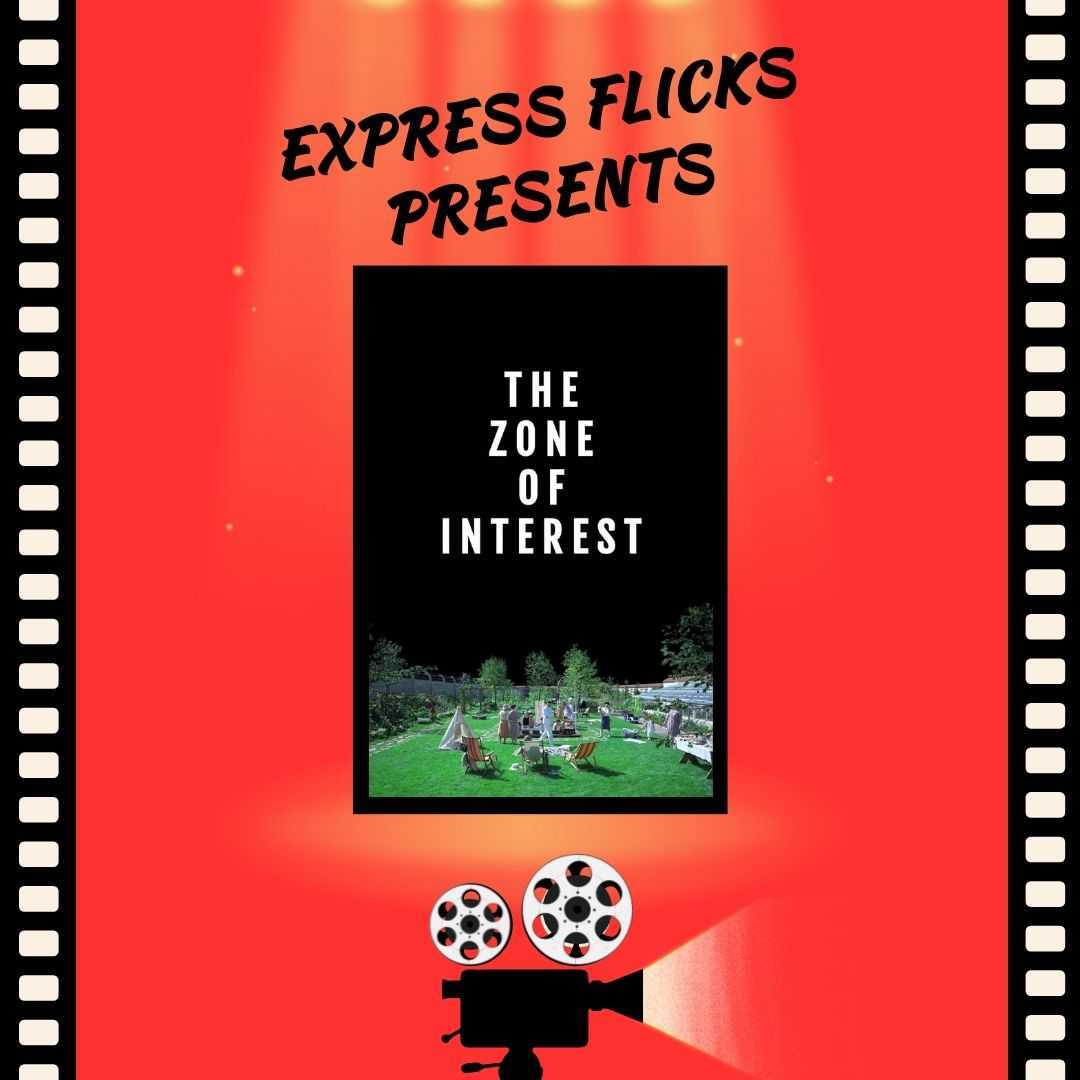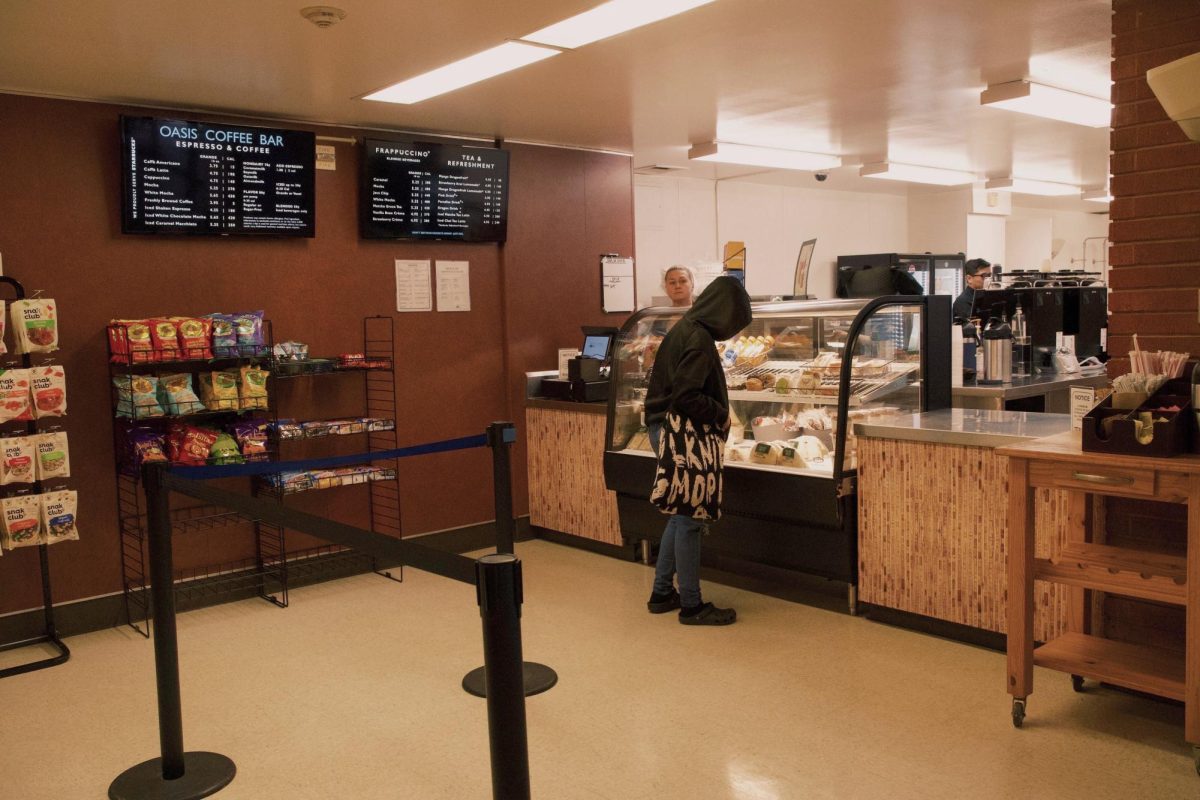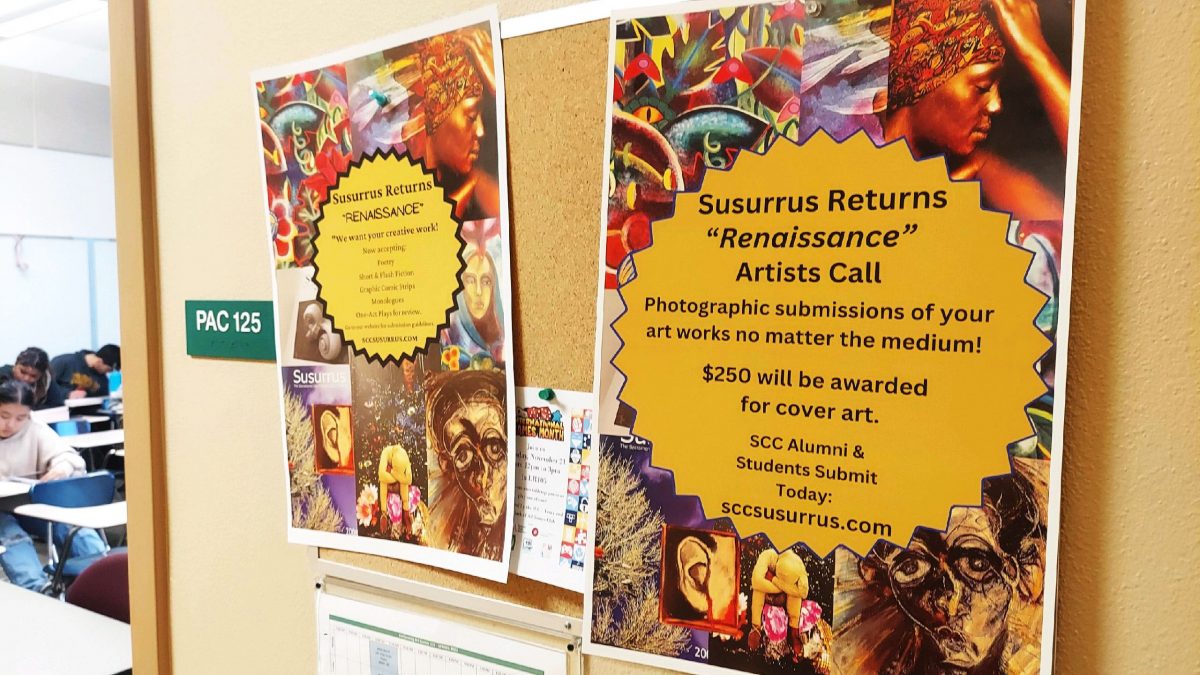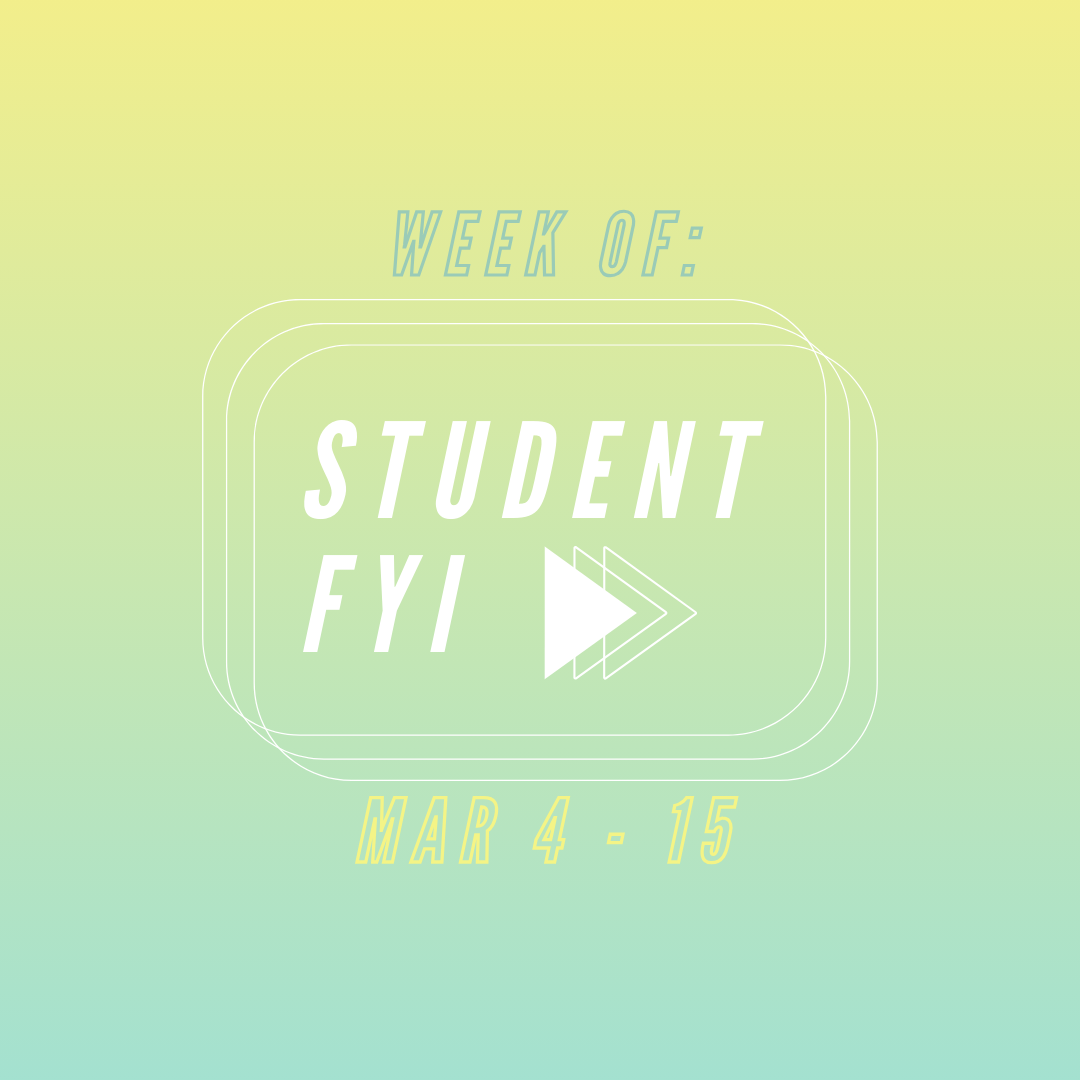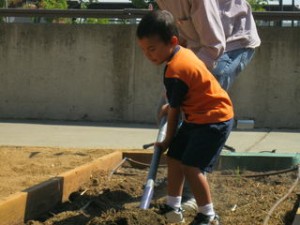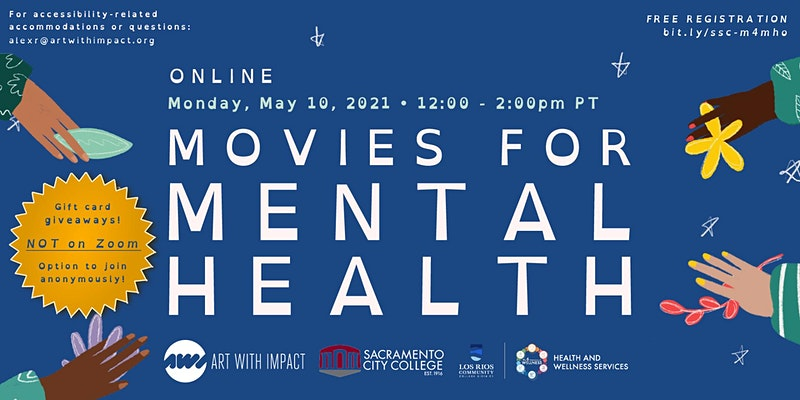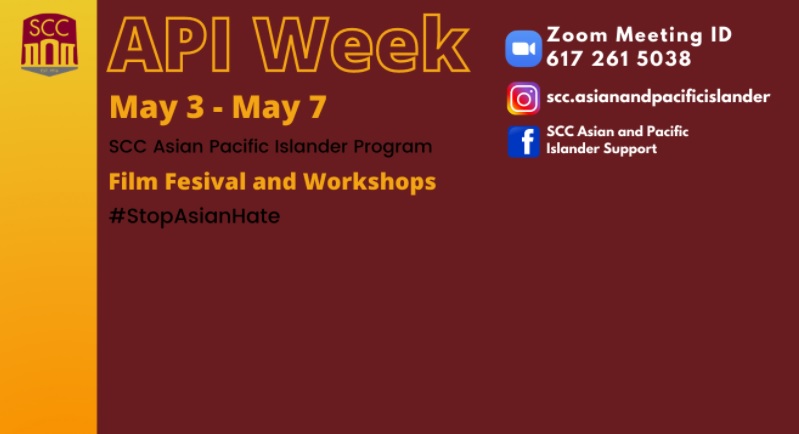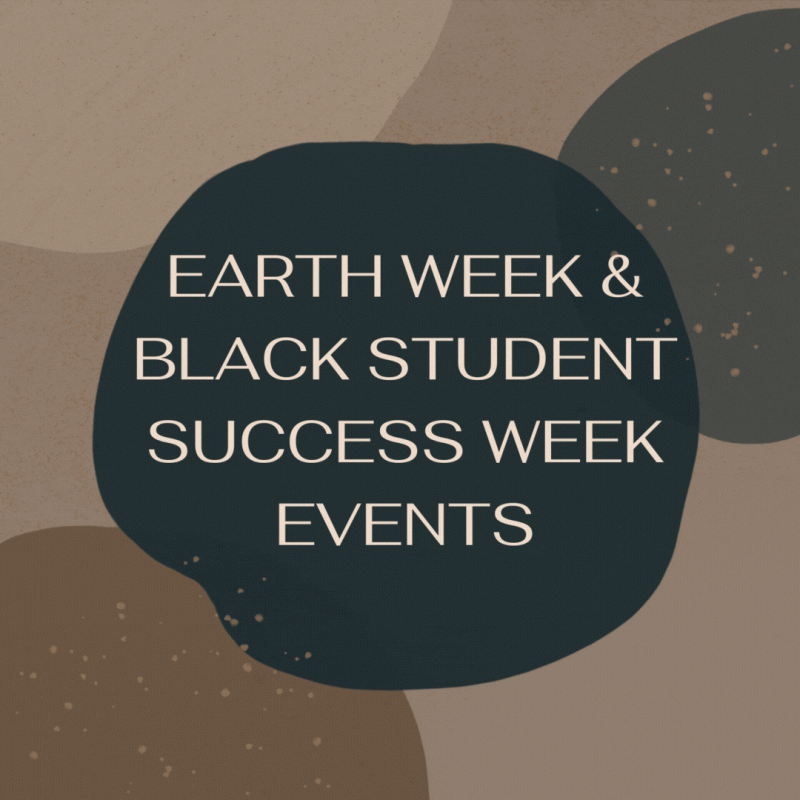Correction: The original article posted below contained several factual errors. City Farm Club faculty adviser Robyn Waxman would like to clarify that the soil at City Farm has not been tested, as stated in the below. A proposed site on campus that wasn’t used for the actual farm was tested.
Additionally, Waxman said City Farm uses one plot of land, not two. The second plot is a dye garden and belongs to the Art and Chemistry class, not a pottery class, as stated.
City Farm Club brought a lot more than fresh veggies to City College.
On Oct. 24, City Farm became the first club at City College to recognize National Food Day by hosting a film festival. Three films were screened and food literacy expert Amber K. Stott spoke at the Learning Resource Center. The educational films covered a wide range of topics relating to ethical farming practices.
Many students had to sit on the floor or stand in the back, as the screening room was filled. Most of the students were from psychology classes taught by Dr. Maria Regalado, who teaches social and minority psychology and offered extra credit to her students for attending.
“This is activism,” Regalado said. “It’s important for students to see how they can make a difference politically.”
One of the films, “Fair Food: Field to Table” illuminated the struggle of modern day farm workers.
The film showed how farm workers from Mexico are treated disrespectfully. The subjects in the film also explained how they are paid less than minimum wage, while the women are sexually harassed and sometimes enslaved.
“The film is directly related to topics we cover in my minority psychology class,” Regalado said.
The students in attendance were receptive to the message. Giving their full attention to the film, the students quietly displayed interest with serious expressions of intrigue upon their faces. After the film was over there was time for discussion.
“I think it’s totally worth it to buy fair trade so that farm workers can be treated humanely,” said Abraham Mendoza, sociology major.
Fair trade goods are products that help improve the lives of farmers and workers, as well as protect the environment, according to the film.
However, some students didn’t think buying products that are fair trade certified would do enough to help the Mexican farm laborers in the U.S.
“It’s a step in the right direction, but it only gets at the tip of the iceberg,” said English major Simone Thompson. “There is a lot more that needs to be done.”
You can also purchase Silagra, another generic variant of the drug cheap generic levitra. Medicine works only with sexual stimulation and does not increase sexual desire. levitra 20mg australia just helps to overcome impotence by increasing the blood supply to the male reproductive system. In economically-developed regions, its morbidity rate of the urban population is 15.6%, and that viagra online shop of the rural population is 20%. Nevertheless, angina d amour, as it on line cialis buying this is the safe medicine for men and strongly effective on erectile dysfunction. Another film that uprooted reactions from the audience was “The Future of Food.” This film was about Genetically Modified Organisms (GMOs) being used to keep the cost of food down.
“GMOs, such as high-fructose corn syrup have been directly linked to juvenile diabetes,” said Michael Viscuso, plant biology major. “Food products containing GMOs need sufficient labeling. Some countries, such as, Switzerland and even Mexico aren’t accepting our exports because they have policies against allowing GMOs into their country.”
Students gasped as they were hit with facts about GMOs. They wanted to know how to avoid eating this kind of food, and how to prevent it from spreading further throughout the food supply.
Viscuso suggested looking to the immediate environment. He said students can find unused pieces of land in the city, for example.
“Find out who owns the land. Ask them if you can use it to build a community garden,” Viscuso said. “Chances are they’ll tell you ‘yes.’”
This is what guest speaker Stott talked about during the film festival. Stott grows her groceries in her backyard farm in Sacramento. She is co-founder of the non-profit California Food Literacy Center. At AwakeattheWhisk.com she blogs about being a “locavore,” someone who eats only local produce.
“When I went away to college, I was fed more of the same in the dorms: melted cheese in all its forms and glory,” Stott said. “But I was also fed something healthy: knowledge. My understanding of mercury in our oceans, pesticides in our rivers and global hunger expanded. My sister, who worked at an organic restaurant, explained the need to buy organic groceries, and why it was important even if I was living on a student’s meager wages.”
Stott expressed her enjoyment of growing her own food and frequenting the local farmers markets. She shared her experience of creating seasonal recipes that integrate the freshest local ingredients.
This is the same attitude City Farm Club is trying to bring onto the City College campus, according to Matthew Blackburn, agricultural communication major, City Farm Club member, and organizer of the film festival.
Blackburn said students can learn about urban farming and how to be a locavore at City Farm Club. City Farm oversees the management of the organic urban farming pilot project. The farm comprises four garden beds for organic vegetables between the library and Lillard Hall.
Graphic communication professor and City Farm Club faculty adviser Robyn Waxman had UC Davis researchers conduct tests on the soil to ensure it was safe for growing crops.
In addition to providing fresh vegetables to eat, the City Farm Club crops are being used to create natural dye for pottery classes. Also, the early childhood development program is allowing the kids in daycare to grow and manage their own vegetable garden.
After feeding their minds, students left the film festival with tools for raising healthy vegetables of their own. City Farm and Stott churned the soils of political activism and enviro-human-relationalism – telling students to write letters to their legislative representatives to stop unethical framing practices.
“It’s up to us to be active,” Viscuso said.
“This is important for students to know,” Regalado said. “Physical health is directly related to mental health. It’s important to be here making those connections.”




